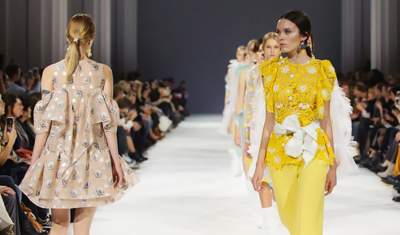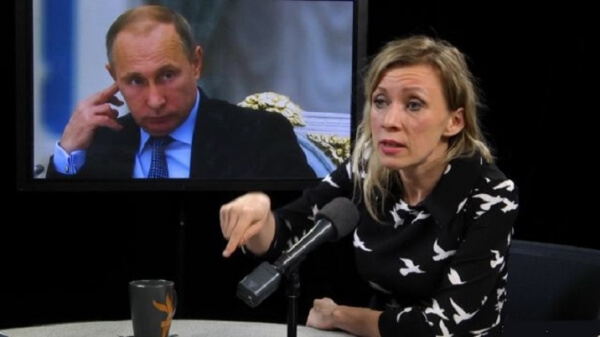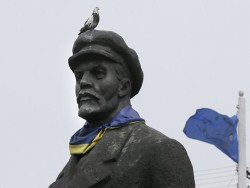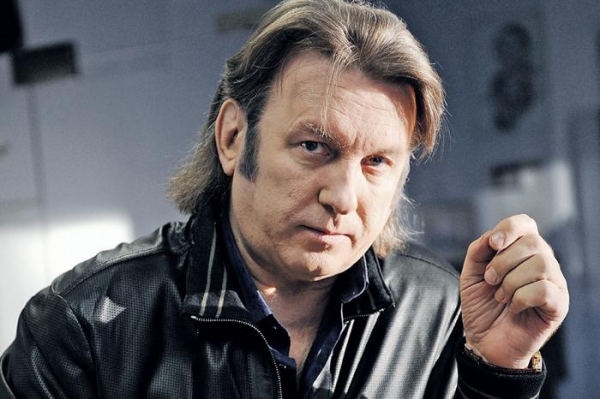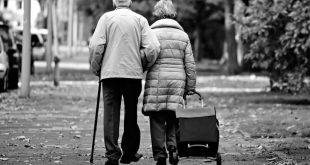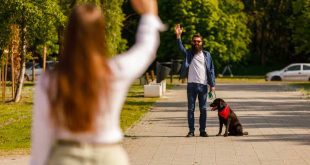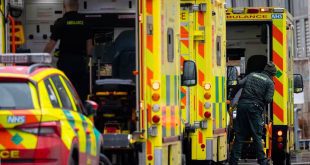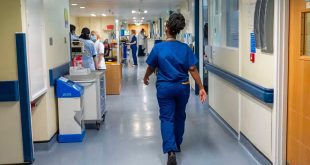
The adviser of Mikheil Saakashvili, Maria Gaidar, in an interview with Jeanne Nemcova explained why she considers Ukraine a country of enormous potential and which forced her to decide to withdraw from the Russian citizenship.
The guest of the program “Nemtsov.The interview” – the former Russian, now Ukrainian politician Maria Gaidar. 2015 Gaidar is a member of the Odessa regional Council and adviser to the Governor Mikhail Saakashvili. Before departure to Ukraine led political activity in Russia, was the leader of the movement “Yes”, the now former Deputy Governor of the Kirov region Nikita Belykh (2009-2011), founder of the Russian Fund “Social demand”. In September 2016 Gaidar wrote a petition for release of Russian citizenship.
Zhanna Nemtsova: Maria, moved to Ukraine you have to wear Ukrainian national clothes, to study the Ukrainian language, to publicly read the verses of Ukrainian poets. Do the Russians need ukrainised, to live a normal life and work in this country?
Maria Gaidar: I think that Yes, this is very important, especially in the current situation. Probably 5-10 years ago this would not be necessary. Although it seems to me that any Russian citizen in Ukraine will have little ukrainised, because there are some things which are peculiar to all Russians and with whom you can leave a little after living in Ukraine.
– What, for example?
– Is a sovereign chauvinism that we have, although we do not even believe. And yet – the idea that Ukrainians and Russians are very similar. This is absolutely not true. Yes, we are really similar, speak similar languages, but we are completely different. Despite the fact that I used a lot of contact with Ukrainians and often in Ukraine, I didn’t realize until beginning to live and work.
Maria, you said that by Ukrainianization you overcome chauvinism. Can you now be called more democratic than you were when you fought for democratic values in Russia?
– I don’t think I can be called more democratic. However, once in Ukraine, I could see a totalitarian pieces of their own thinking, which had not noticed before. I became more free. I’ve revised my views on many things that were done or taken in Russia as a given, an inevitability. I understand that there are things which need not have tolerated a situation in which I, for one, did not choose freedom, and it was necessary to choose. Here, in Ukraine, there is a very contagious energy of people who are free who want to move forward and respect yourself.
– In September, you wrote a petition about the refusal of the Russian citizenship. Do you think that the rejection of “red” passport will allow you to successfully build a career in Ukraine?
– This requirement of the Ukrainian legislation in Ukraine prohibits dual citizenship.
– Ukrainian legislation is really prohibited to have dual citizenship, but there are no sanctions it is not provided for.
Jeanne, I am an honest person, so I do it. I can’t say that I really want to get out of Russian citizenship, although I believe that the meaning of citizenship – not in the paper. The presence of the “red” passport of the citizen of Russia there is little protection. You can still come, to take away, to imprison, to deprive of the rights, including voting. But if you find yourself in trouble abroad, you are unlikely to help. If to speak about citizenship, about belonging, it is the feeling of the Motherland. It is much more than a formal paper.
– I understand that as an Expat in Ukraine, you feel great. If we talk about professional career – are you satisfied?
I can’t say that everything is fine. I miss it very much. Many things are hard for me. I can’t say that this is some kind of happy or a simple story, but the story is quite interesting.
– I was under the impression that you are very satisfied.
– The biggest positive is the ability to be implemented. I was able to participate in elections and become the Deputy of the Odessa regional Council. In Russia, I have never had the opportunity. The last time I tried to participate in the elections to the Moscow city Duma. I had to collect six thousand signatures in two weeks. I have collected these signatures, but I was still not registered
Here in Ukraine I had the opportunity to carry out reforms. I can fluently speak, write, influence the situation. There is really a climate of change, the feeling that each person depends a lot. Therefore, from a professional point of view, Ukraine is a country of enormous possibilities.
– In the framework of de-communization in 2015 in Odessa were renamed the street that used to wear the name of your great – grandfather- children’s writer Arkady Gaidar. You are not hurt?
– No, not hurt. The case of the Ukrainians. I think Arkady Gaidar it would not hurt, because he lived in his books that people would read and continue to read. He would react to this made comfortable. And I initially reacted calmly, philosophically.
But then friends and acquaintances questioned me, and I have doubts. Maybe I was wrong… I understand that to some extent this is unfair, because Arkady Gaidar, children’s writer, he did not set any modes. Died in Ukraine, by the way, in the beginning of the war.
But I came to Ukraine, and still not feel entitled to judge. Maybe it’s wrong. Maybe I, as someone who lives here and involved in politics should speak and for this reason. By the way, I was invited to the rallies against the renaming of the street, but I thought that would be weird to go there.
– What will you be doing five years from now, in 2020?
– I would like to do more of the expert, maybe even in scientific activity, to write a doctoral thesis. Active in social and political life, I also want to stay to be able to influence it. However, at the moment I’m drawn to the scientific expert work. It seems to me, is that it is very necessary to Ukraine.

